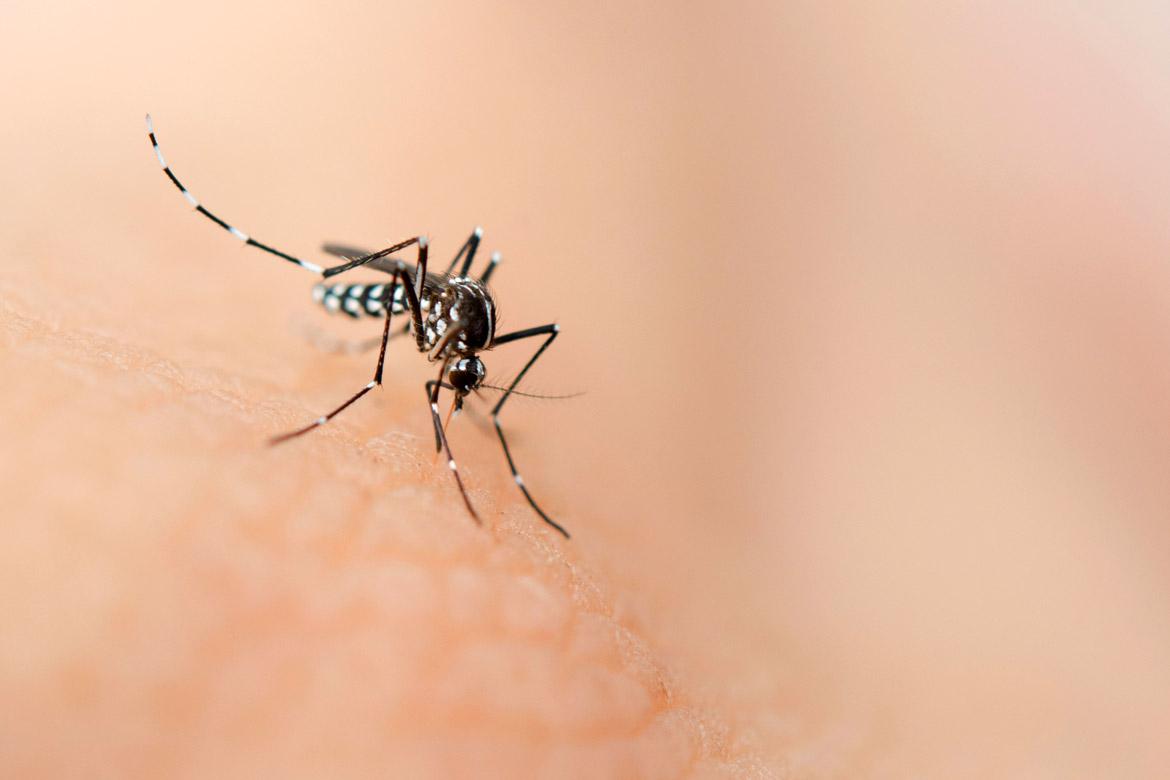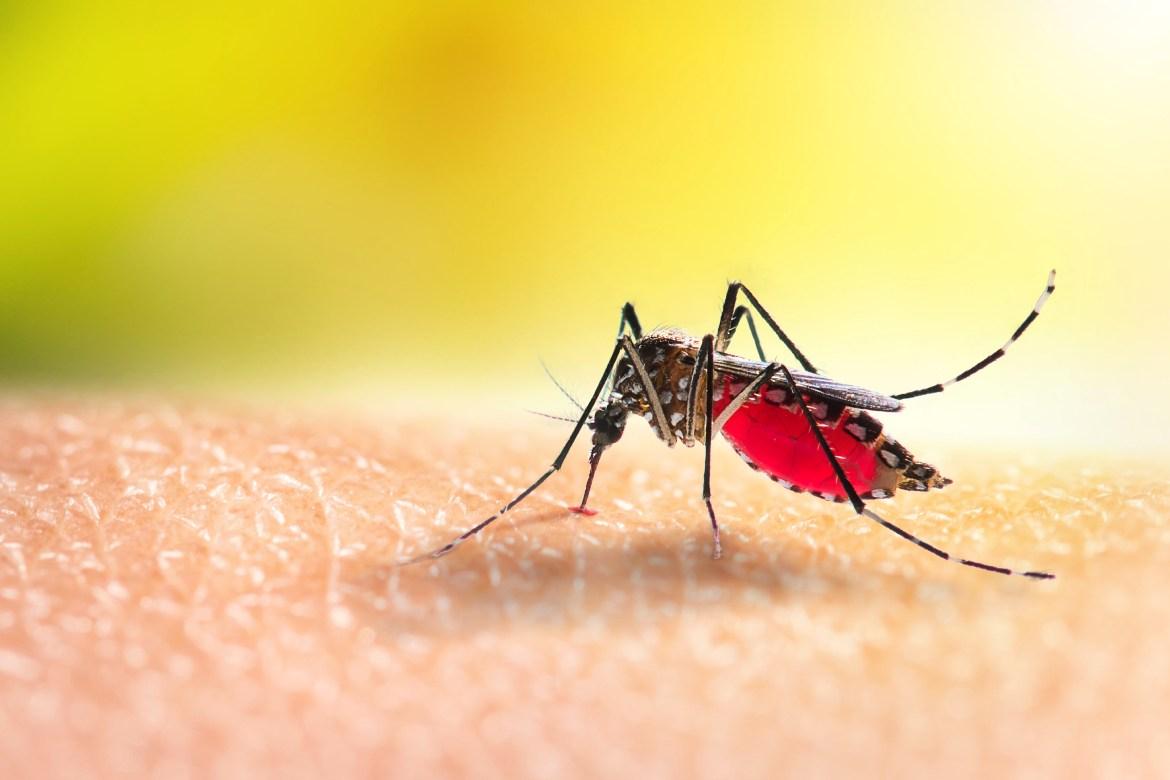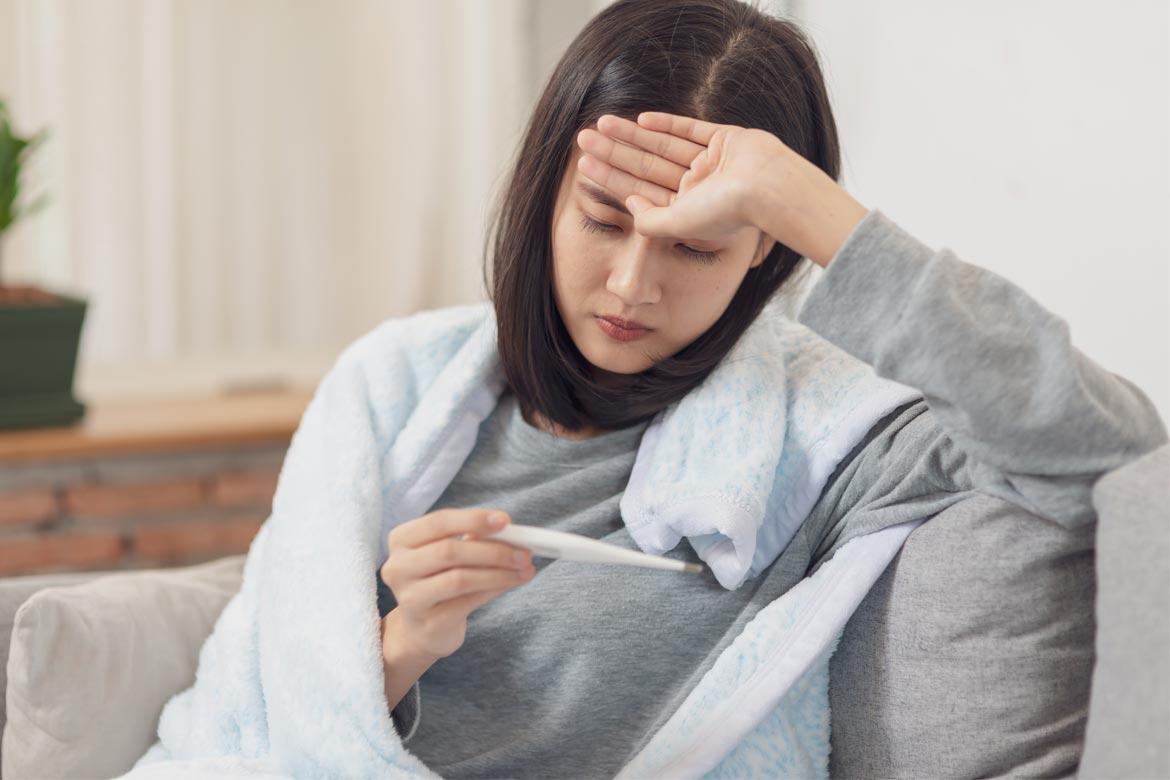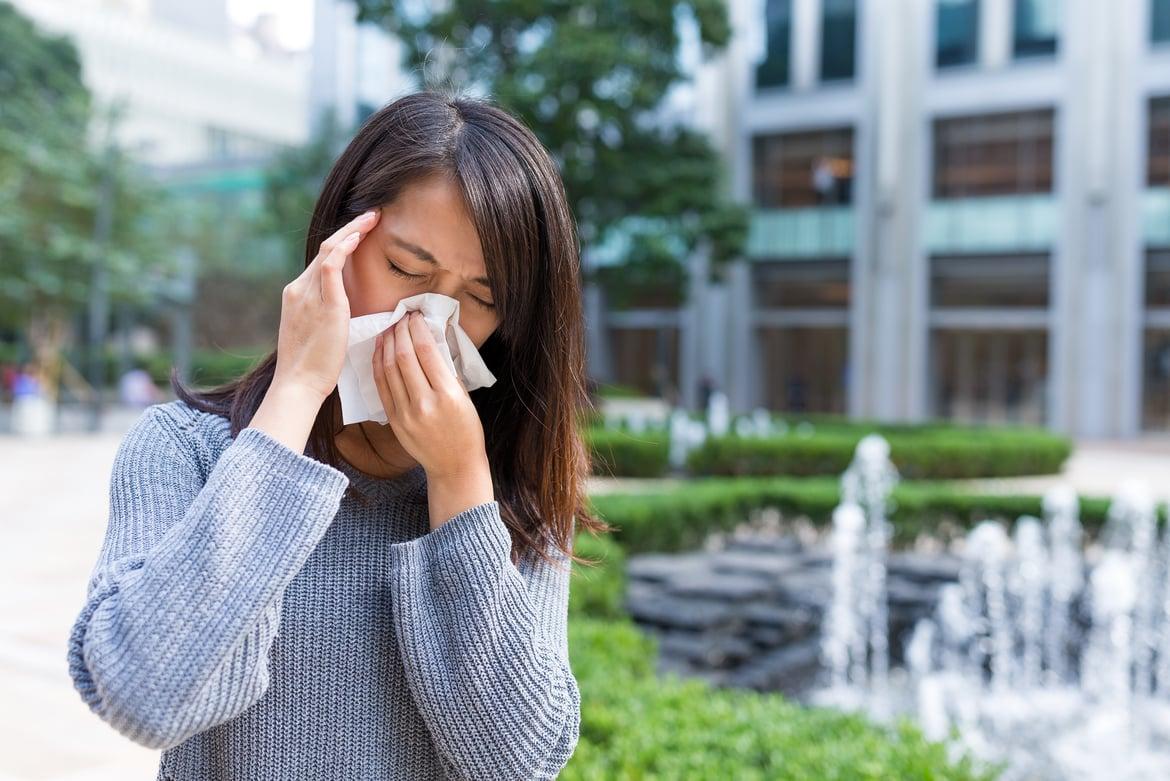-
-
Featured Care Areas

Dengue Fever
What is dengue fever?
Dengue fever is a common viral disease that spreads to people through the bite of an infected Aedes mosquito. Mild dengue fever presents itself as fever while severe dengue fever may lead to dengue shock syndrome or dengue haemorrhagic fever.
Dengue fever is caused by the dengue virus which is transmitted to humans via the bite of an infected Aedes mosquito. There are 4 different serotypes of dengue virus (DENV1 to 4) circulating in the world, including Singapore. Hence, individuals can be infected with dengue up to 4 times.
First-time dengue infections can be severe, especially among the elderly and those with pre-existing medical conditions, and repeat dengue infections have been associated with a higher occurrence of severe dengue. Dengue shock syndrome and dengue haemorrhagic fever can be fatal.
What are the symptoms of dengue fever?
When a person is bitten by an infective mosquito, they may develop symptoms after an incubation period of approximately 7 days (ranges from 3 – 14 days). Notably, up to 75% of dengue infections are asymptomatic.
Symptoms of dengue fever usually show up within the first week or so of being infected. The symptoms are often mild, but the disease can cause:
- A sudden, very high fever
- Nausea
- A skin rash, which usually shows up after the fever occurs
- Severe headache
- Severe abdominal pain
- Persistent vomiting
- Pain behind your eyes
- Joint and muscle pain, or spasms
- Bleeding from your nose or gums
- Bruising
- Rapid breathing
- Convulsions
Visit an Urgent Care Centre (UCC) if:
- You feel extremely unwell
- You feel worse in the 24 hours after the fever goes down
- You develop bleeding symptoms (e.g. bleeding gums, menstruation, spontaneous bruising)
- Your general practitioner (GP) refers you
What are the causes of dengue fever?
Dengue fever cannot spread directly from person to person. However, a person suffering from dengue fever can infect mosquitoes.
In particular, the Aedes mosquito is known to spread dengue fever. The mosquito becomes infected when it takes a blood meal from a dengue-infected person. It then spreads dengue fever to other people they bite.
There are 4 strains of dengue viruses. If you are infected by one type and develop immunity, it is still possible to become infected by the other 3 strains during your lifetime.
What are the risk factors for dengue fever?
According to a study in Singapore, the age group most likely to acquire dengue disease is 21 – 40 years.
Living in a foreign worker dormitory or hostel was also a significant factor.
Overall, urbanisation (especially unplanned) is associated with dengue transmission through increased population density, human mobility, access to reliable water source, and water storage practice, among others.
A community's risk to dengue also depends on the population’s knowledge, attitude and practice towards dengue, and the implementation of routine sustainable vector control activities in the community.
The risk for dengue may change and shift with climate change in tropical and subtropical areas, and vectors might adapt to new environment and climate.
Risk factors for severe dengue fever
A person with a previous dengue infection may have a higher risk of getting severe dengue fever, which may lead to dengue shock syndrome or dengue haemorrhagic fever.
What are the complications and related diseases of dengue fever?
In rare cases, there is progression from dengue fever to dengue haemorrhagic fever or dengue shock syndrome. These are severe forms of dengue which can be life threatening. Symptoms of severe dengue may include:
- Bleeding (e.g. gum or nose bleed, black stool, blood in vomit or stool)
- Persistent vomiting
- Abdominal pain or tenderness
- Restlessness or lethargy
Warning signs usually begin 1 – 2 days after the fever has subsided. If one has any of these warning signs, seek medical attention immediately. Severe dengue is considered an emergency and requires immediate medical care.
How do you prevent dengue fever?
The Aedes mosquito prefers to breed in clean, stagnant water in your home. Eliminate possible breeding locations such as buckets, watering cans and receptacles by ensuring that you turn them over and keep them dry when not in use.
You can take the following steps:
- Avoid mosquito breeding areas such as large bodies of water
- Wear mosquito repellent
- Sleep under a mosquito net
- Wear long sleeves and pants during the day and evening
- Keep windows closed
- Take extra precautions for the young or elderly, or those with compromised immune systems
A dengue vaccine has also been approved in Singapore for the prevention of dengue disease in individuals aged 12 – 45 years. Dengvaxia can be useful for individual protection for persons in this age range who have been previously infected with dengue. It is not recommended for those without prior dengue infection.
If you are keen to be vaccinated for personal protection, consult your doctor to discuss if Dengvaxia is appropriate for you.
This coverage checker is brought to you by Health Insured, an online resource that helps you understand your health coverage in Singapore.
This page has been reviewed by our medical content reviewers.
Need help?
For enquiries, please call
+65 6377 3737
For appointment bookings, please WhatsApp
+65 8111 3777








